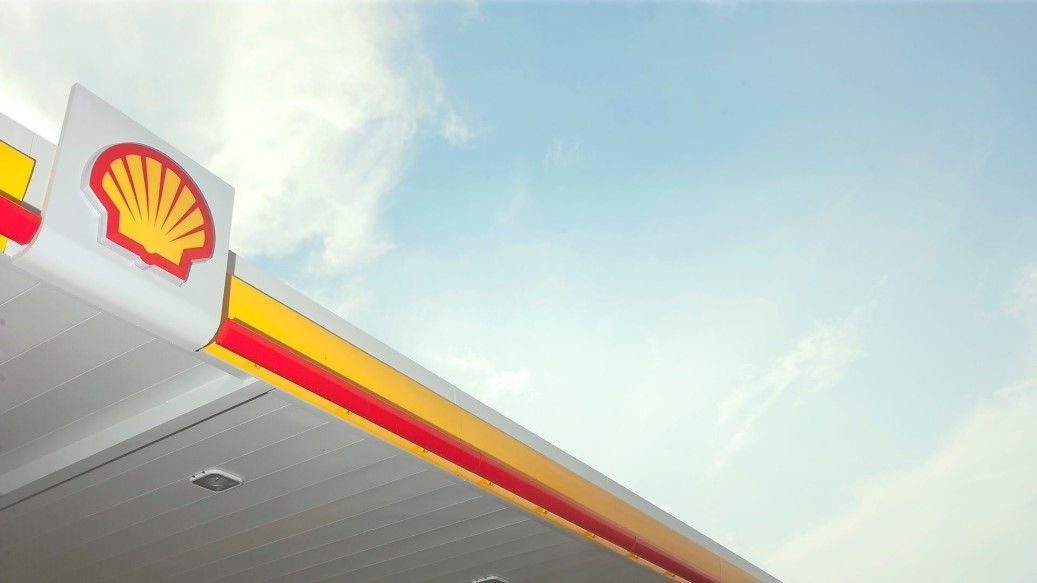FXOpen

Politics and business often do not mix.
This is a theory that once again appears to be the case as the European and British stock markets open this morning and volatility among the energy companies is once again a notable feature.
Last year, providers of gas and oil, along with their logistical suppliers, were a bastion of volatility because of the difficulties in getting the product from the ground, to its refinery, and then to the outlets from which it can be bought by consumers, those being fuel pumps in the case of petroleum products, and mains supplies in the case of domestic gas for heating homes.
The dichotomy between the ever-increasing demand for oil and gas, and the clampdowns on business and movement by governments which imposed travel restrictions and ordered staff to isolate had created a huge and valuable market for a resource which was perceived to be in scarce supply and high demand.
Now, there is a new elephant in the room, that being the bandwagon that many large companies are jumping on in order to appear to be 'socially responsible' and that is their cutting ties with Russian partners or government entities.
Shell, which recently moved its operations to London from its original home of Amsterdam and in doing so placed itself directly in the heartlands of the global financial and capital markets as not only one of the world's largest fossil fuel energy providers but also one of London's most prominent commodities trading companies, is now on that bandwagon.
Shell announced yesterday that it would cut all ties with Russian entities, including canning its partnership with Gazprom, and pulling out of the Nord Stream 2 pipeline.
In doing this, Shell's executives, who are equally responsible for the wellbeing of their shareholders as they are for the steerage and sustainability of the oil company over which they preside, has made a political statement, taken a side, and shot itself in the foot at the same time.
This morning, as the London trading session opened, Shell stock is down a remarkable 29 points in the first hour of trading, which represents a 1.5% drop compared to the close of trading yesterday.
Whether the phrase 'go woke, go broke' applies here is yet too early to measure, but it appears that investors and analysts have taken a pragmatic view and are focusing on the spreadsheets rather than looking trendy in the eyes of the general public.
Oil is the most important consumable commodity on the global market, and is a necessity in powering the world's domestic and industrial machinery. Without it, the developed world would become a dark and cold place almost immediately, as investment in other methods of energy creation are in their infancy and the infrastructure is not there to support them.
Oil is still king, and the majority of the world cannot get enough of it. India, China and the United States are importing it at a rate not seen in a very long time, and although investment is being made into other alternatives, this is really more a case of attempting to catch the mood of the moment rather than facing reality.
When America went back to work in the middle of last year, commuting resumed, and given that most of the cars on the roads have an average age of twelve years, very few are electric or hybrid, and most still rely on refined fossil fuel.
In India and China, nations whose population makes up almost half of that of the entire world, oil is boss. Everything runs on it. It's that simple, and those are two of the most highly industrialised nations on the planet.
Oil volatility is back, folks...
This article represents the opinion of the Companies operating under the FXOpen brand only. It is not to be construed as an offer, solicitation, or recommendation with respect to products and services provided by the Companies operating under the FXOpen brand, nor is it to be considered financial advice.
Stay ahead of the market!
Subscribe now to our mailing list and receive the latest market news and insights delivered directly to your inbox.








